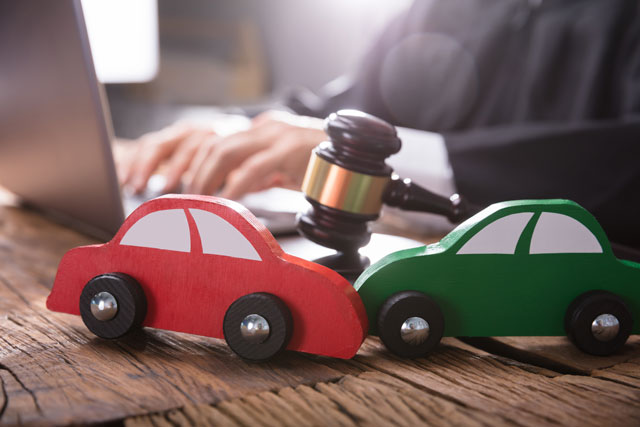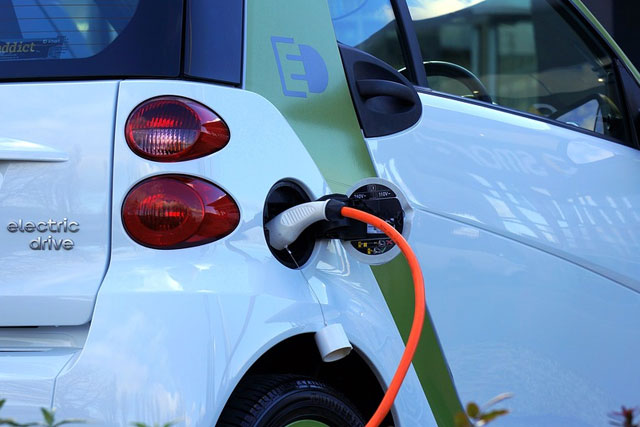Purchasing a new car can be an intimidating process if you are not completely sure what you are doing. There are a bunch of different things you are likely going to need to worry about. These things might include price, certain specifications the vehicle has, whether or not you need to transport it from out of state, lease details, the term of the warranty and many other things.
However, what people primarilyworry about is being sold a “lemon.”
What is a “lemon”?
A “lemon” is a car that a person buys and turns out that it has one or several manufacturing issues such as poorly built parts, incorrectly assembled parts, tools being erroneously left in the vehicle’s assembly, and/or several other potential problems.
Lemons can be used or new cars and are often hard to spot upon an initial inspection and test drive. Fortunately, there is more buyer protection in recent years from being stuck with a lemon. All states have a law in place regarding lemons as new cars.
However, only six states have laws regarding used cars as being lemons. Those states are: New York, New Jersey, Rhode Island, Hawaii, Minnesota and Massachusetts. Several other states have some sort of “minimum standard” protection for used cars as lemons. But, even in the states with the laws, the protection for the buyer only lasts for up to five thousand miles.
So, it is important to know what to look for and how to when you are buying any car, whether it is new or used.
Tips for Buying a New Car
When you are interested in buying a new car, use the following tips to ensure that you do not end up buying a lemon:
- Get all of the warranty details – Be sure that you get all the details of the warranty before you buy a car. You will want to make sure that you know exactly what the warranty covers in terms of duration, mileage and potential issues. Any warranty should last for at least ninety days.
- Test drive and inspect the car during the day – This might seem obvious, but you need to inspect and test drive the car that you are interested in buying during the day. When you are doing so, be sure that you think the car looks as it should, you check the handling, breaks, engine and acceleration.
- Do not buy too quickly – Make sure you do your due diligence before you actually decide to purchase a car. If you buy too quickly, you could be buying a bunch of problems as well.
- Do not get any car with too many added perks – What we mean here is that you shouldn’t get any car that has a bunch of useless things such as DVD players already installed. These things can lead to other issues down the line. If you want these sorts of extras, have them installed yourself by a knowledgeable and trustworthy mechanic after you have purchased the car.
- Check to see if there are any recalls on the car – This seems like it might be another obvious point, but a lot of people forget to check this before they buy a car. You can check this by visiting the National Highway Traffic Administration website.
Conclusion
It is important that you do your research and the necessary leg-work before you buy a new car. You should never jump into buying a new car until you do. The process might be longer and more difficult, but it will be well worth it in the long-run. Always ask as many questions as you feel necessary to make you feel comfortable in your purchasing decision.







